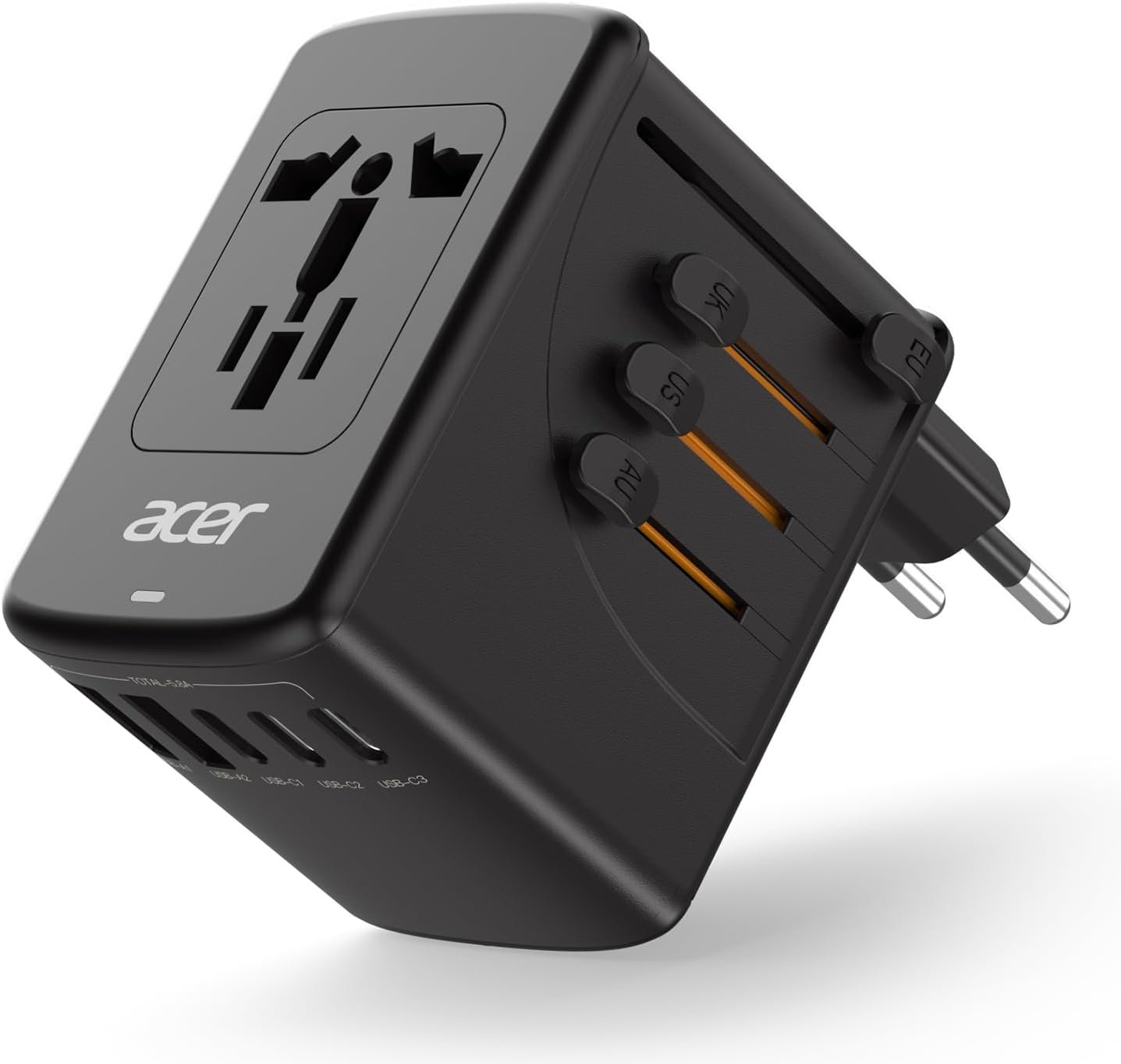Introduction
Planning an event can be an exciting endeavor, but it can also be a daunting task, especially when it comes to managing costs. In Ghana, event costs can quickly spiral out of control if not carefully managed. However, with careful planning and a few strategic decisions, you can avoid over bloated event costs and still create a memorable experience for your attendees. In this article, we will explore some tips and strategies to help you stay within budget and avoid unnecessary expenses.
1. Set a Realistic Budget
The first step in avoiding over bloated event costs is to set a realistic budget. Determine how much you are willing to spend on the event and allocate funds accordingly. Consider all aspects of the event, including venue rental, catering, entertainment, and marketing expenses. Be sure to leave some room for unexpected costs that may arise during the planning process.
2. Research and Compare Prices
Before making any decisions, take the time to research and compare prices for different vendors and services. Get quotes from multiple suppliers and venues to ensure you are getting the best value for your money. Don’t be afraid to negotiate prices or ask for discounts. Remember, every cedi saved on one aspect of the event can be allocated to another.
3. Prioritize and Cut Unnecessary Expenses
When planning your event, it’s important to prioritize your expenses. Identify the key elements that will have the most impact on the overall experience and allocate the majority of your budget to those areas. Cut back on unnecessary expenses that won’t significantly enhance the event. For example, instead of splurging on expensive decorations, focus on creating a memorable program or hiring a talented speaker.
4. Consider Alternative Venues
Venue rental can be one of the most significant expenses when organizing an event. Consider alternative venues that may be more cost-effective. Look for community centers, parks, or even outdoor spaces that can be transformed into a unique event venue. Be sure to consider factors such as accessibility, capacity, and amenities when selecting a venue.
5. Optimize Marketing Efforts
Marketing is essential for the success of any event, but it doesn’t have to break the bank. Instead of relying solely on traditional advertising methods, leverage social media platforms and online marketing techniques to reach your target audience. Create engaging content, utilize email marketing, and encourage attendees to share the event with their networks. By optimizing your marketing efforts, you can reduce costs while still maximizing event attendance.
6. Seek Sponsorships and Partnerships
Consider seeking sponsorships or partnerships to help offset event costs. Reach out to local businesses or organizations that align with the theme or purpose of your event. Offer them promotional opportunities in exchange for financial support or in-kind donations. By partnering with others, you can reduce your financial burden and potentially enhance the overall experience for attendees.
7. Track and Monitor Expenses
Throughout the planning process, it’s crucial to track and monitor your expenses. Keep a detailed record of all costs, including receipts and invoices. Regularly review your budget and compare it to your actual spending. This will help you identify any areas where you may be overspending and allow you to make adjustments as needed.
Conclusion
Organizing an event in Ghana doesn’t have to result in over bloated costs. By setting a realistic budget, researching prices, prioritizing expenses, considering alternative venues, optimizing marketing efforts, seeking sponsorships, and tracking expenses, you can successfully manage your event costs and create a memorable experience for your attendees. Remember, careful planning and strategic decision-making are key to avoiding unnecessary expenses and staying within budget.







0 Comments